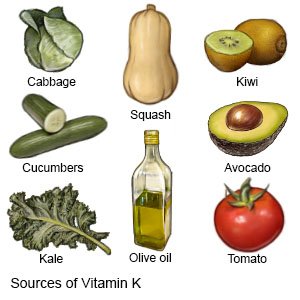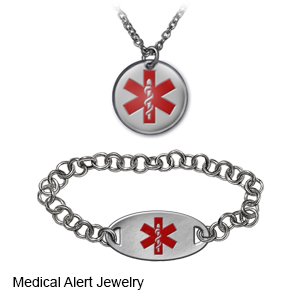Warfarin Toxicity
Medically reviewed by Drugs.com. Last updated on Aug 4, 2025.
Warfarin toxicity happens when you have too much warfarin in your body. Certain changes to foods and medicines can also increase the effect of warfarin. Warfarin is a medicine that is used to prevent or treat the formation of blot clots. It works by making your blood clot more slowly. Warfarin toxicity can cause bleeding that can become life-threatening.
DISCHARGE INSTRUCTIONS:
What to do if you think you or someone you know took too much warfarin:
Call the Poison Control Center at 1-800-222-1222 immediately.
Return to the emergency department if:
- You have a severe headache or dizziness.
- You have heavy bleeding that does not stop.
- You have severe stomach pain or you vomit blood.
- Your urine is pink, red, or dark brown.
- You have black or bloody bowel movements.
Contact your healthcare provider if:
- You have fever and chills.
- Your gums bleed when you brush your teeth.
- You have frequent nosebleeds.
- You bruise easily.
- You have red spots on your skin that look like a rash.
- You have heavy bleeding during your period if you are a woman.
- You have questions or concerns about your condition or care.
How to safely take warfarin:
- Go to all your follow-up appointments. Your healthcare provider will need to monitor you closely while you are taking warfarin. Your provider may need to adjust your dose based on your INR results.
- Take this medicine exactly as directed. Contact your healthcare provider if you miss a dose or you have any questions about how to take warfarin.
- Do not start or stop taking medicines or herbal supplements that can affect the way that warfarin works. Some examples include NSAIDs, aspirin, acetaminophen, and certain antacids, antibiotics, and medicines used to lower cholesterol. Some herbal supplements that can affect the way warfarin works are ginkgo biloba, garlic, fish oil, vitamin E, and tumeric. Talk to your healthcare provider before you start or stop any medicines.
- Eat the same amount of vitamin K daily to help keep your INR stable. to help keep your INR stable. Vitamin K is found in green leafy vegetables, broccoli, grapes, and other foods. Ask your healthcare provider for more information about vitamin K.

- Avoid alcohol. Alcohol increases your INR.
Wear medical alert identification:
Wear medical alert jewelry or carry a card that says you take warfarin. Ask where to get these items.
 |
© Copyright Merative 2025 Information is for End User's use only and may not be sold, redistributed or otherwise used for commercial purposes.
The above information is an educational aid only. It is not intended as medical advice for individual conditions or treatments. Talk to your doctor, nurse or pharmacist before following any medical regimen to see if it is safe and effective for you.
Further information
Always consult your healthcare provider to ensure the information displayed on this page applies to your personal circumstances.
